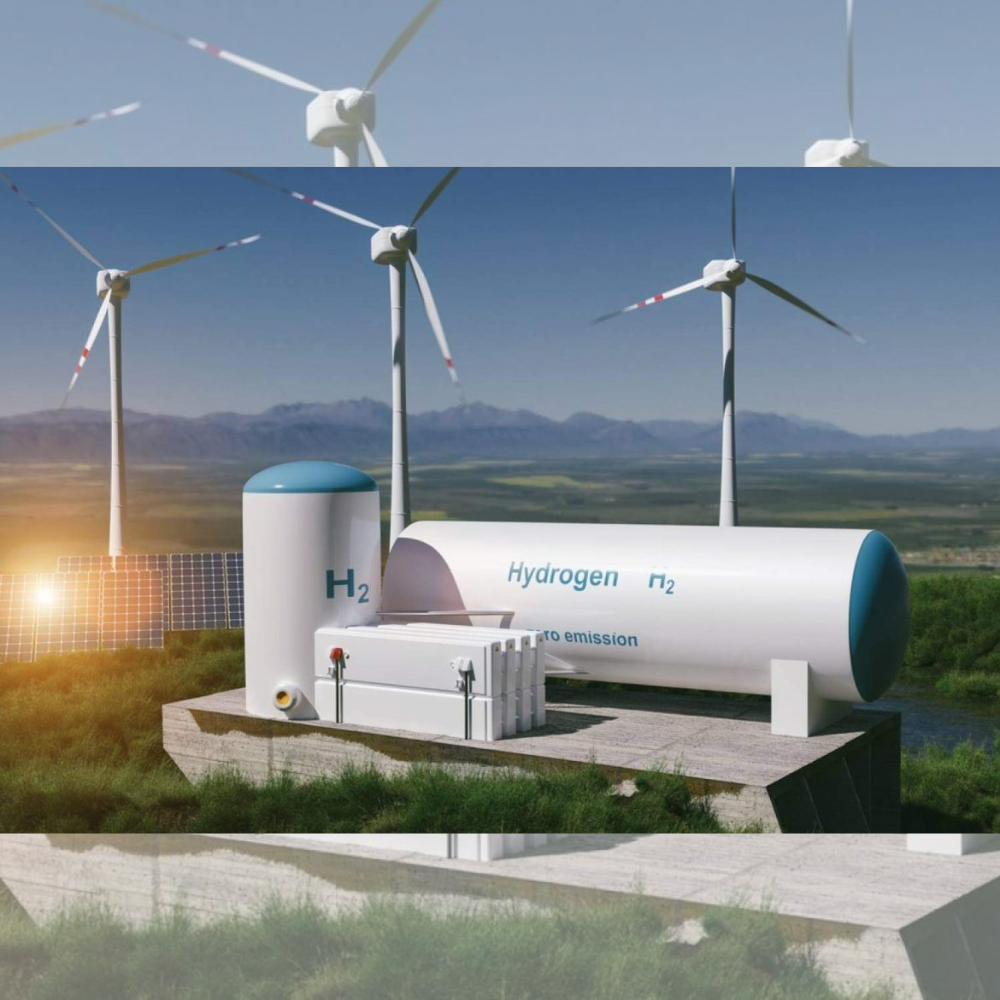This project rethinks Africa’s GH₂ transition by grounding it in an inclusive, community-centered approach, centring skills building through Technical and Vocational Education and Training (TVET). With case studies in Namibia and South Africa, the research aims to identify holistic and bottom-up approaches that anticipate the evolving needs of a future-oriented and just GH₂ economy. By putting youth and women at the centre, the project examines employment potential, skills development needs, and justice implications across the GH₂ value chain. It aims to ensure that investments translate into sustainable livelihoods and that local voices guide the path to a just transition.
By offering strategic insight in a still-nascent but globally significant industry, the project will equip decision-makers, training institutions, industry leaders and communities with the tools to shape a just and sustainable green hydrogen transition for Africa.
The main objectives of the project are the following:
- Forecast future skills and employment pathways in the GH₂ economy through strategic foresight analysis, horizon scanning, and scenario planning.
- Empower communities to shape the transition by co-creating social cartographies that map local impacts and challenge top-down narratives.
- Strengthen TVET and policy frameworks by analysing labour-market demand, evaluating training programmes, and offering recommendations for inclusive, gender-responsive and future-proof skills ecosystems.
Collaboration is at the heart of this project, funded by the International Development Research Centre (IDRC). Led by INCLUDE, it brings together academic institutions, civil society organisations, industry leaders, and policymakers to co-produce knowledge, foster inclusive participation, and build long-term capabilities within Namibia and South Africa.
